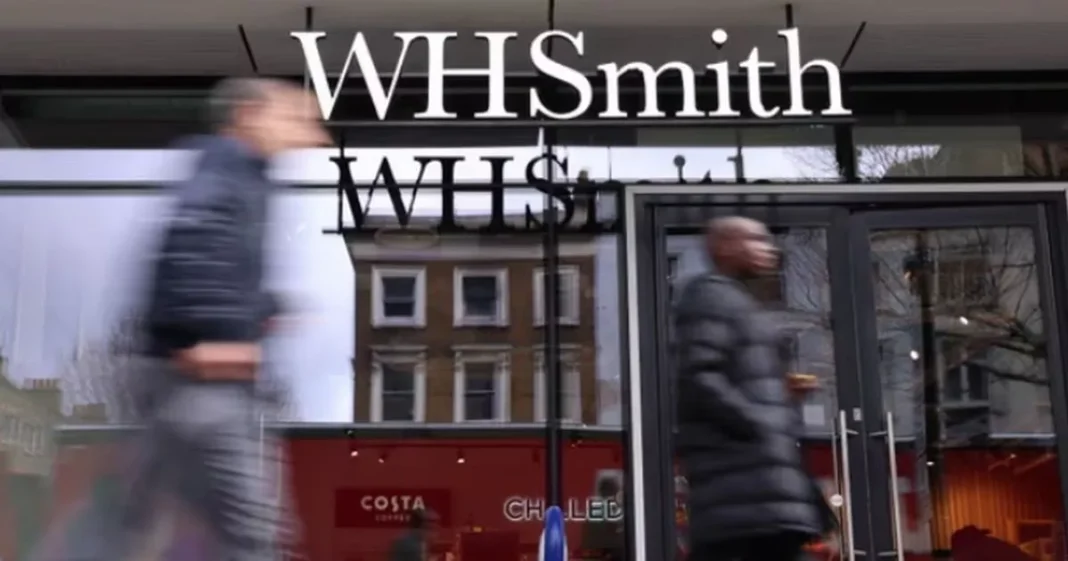Carl Cowling, Chief Executive of WH Smith, has suggested that rising global tariffs may actually lead to price reductions in the UK retail market, rather than pushing up inflation as some economists have warned.
While many economic experts, including those from international organizations, have raised concerns that increased trade barriers—particularly from ongoing tensions between the US and China—could lead to global inflation, Cowling presented a different view. “I don’t think there is any logic in why there would be inflation,” he said. “You could argue it would be the other way around and stock will free up. It is more likely to result in price cuts than inflation for the UK.”
Cowling explained that many East Asian suppliers, previously focused on the US market, may begin looking for alternative trading partners such as the UK in response to shifting tariffs, potentially increasing supply and driving prices down. He noted that WH Smith’s current overseas orders were not being disrupted by recent tariff changes, and that the company’s stock for the remainder of the year was already secured. “We know exactly what product and packaging we are getting, what we are paying, and have got orders committed,” he said.
Despite uncertainty in the global economy, Cowling described trading in the UK as “pretty robust,” with summer airline bookings showing a slight year-on-year increase and no recent signs of softening consumer demand.
However, he acknowledged that volatility in global trade policy requires retailers to remain adaptable. The US has recently introduced or increased tariffs on products from countries including China, affecting goods such as headphones, chargers, and other consumer electronics. While WH Smith’s US travel stores—which number 258 and are primarily located in domestic terminals—source most food and drink items locally, many non-food products still come from Asia.
Cowling believes suppliers could pivot away from China toward other manufacturing bases such as Vietnam or the Philippines if tariffs remain high. “While we are on top of the detail and mindful of it, I don’t think we are going to be impacted in the way other retailers, such as those in fashion, might be,” he added.
His comments came alongside the release of WH Smith’s latest financial figures, which revealed that profits in its high street division had dropped by nearly a third. Sales in that segment fell by 7%, down to £239 million for the six months ending in February, reducing operating profit by £7 million to £15 million. This drop comes ahead of the company’s planned sale of its high street stores to focus more on travel retail, a deal expected to close this summer.
The group’s travel division continues to be a strong performer, with sales rising 6% to £712 million and profits up 12% to £56 million during the same period. WH Smith reported total group sales increasing by 3% to £951 million. However, a pre-tax loss of £25 million was recorded, largely due to exceptional items totalling £70 million, including asset impairments.
Looking ahead, the company confirmed it has agreements in place to open over 90 new stores, including more than 70 across North America. In total, more than 60 travel retail locations are expected to open globally within the current financial year.
Cowling expressed optimism about the group’s international expansion, particularly in North America. “We continue to win new space, and I am delighted to announce that we have recently secured a significant contract at a major East Coast airport,” he said. “The second half of the financial year has started well, and we remain on track to deliver full-year results in line with market expectations.”
He concluded by noting that, while the company remains aware of global economic and geopolitical uncertainties, WH Smith is well-positioned to take advantage of continued growth in travel retail.
For more UK business updates, follow London Pulse News.


